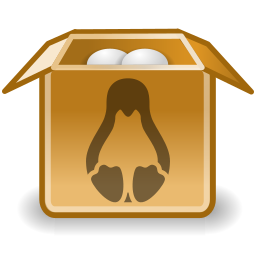At work I use Linux, but my personal laptop is a Mac (due to my previous job developing for macOS).
A few months ago, I decided I want to be able to do some work from home without carrying my work laptop home every day.
I considered using a VM, but I don’t like the experience of mixing two operating systems. On Mac I want to use the native key bindings and applications, not a confusing mix of Linux and Mac UI applications.
In the end, I wrote Karton, a program which, using Docker, manages semi-persistent containers with easy to use automatic folder sharing and lots of small details which make the experience smooth. You shouldn’t notice you are using command line programs from a different OS.
After defining which distro and packages you need (this is called an “image”), you can just execute Linux programs by prefixing them with karton run IMAGE-NAME LINUX-COMMAND. For example:
$ uname -a # Running on macOS. Darwin my-hostname 16.4.0 Darwin Kernel Version 16.4.0 [...] $ # Run the compiler in the Ubuntu image we use for work $ # (which we called "ubuntu-work"): $ karton run ubuntu-work gcc -o test_linux test.c $ # Verify that the program is actually a Linux one. $ # The files are shared and available both on your $ # system and in the image: $ file test_linux test_linux: ELF 64-bit LSB executable, x86-64, [...]
Karton runs on Linux as well, so you can do development targeting a different distro or a different architecture (for instance ARMv7 while using an x86_64 computer).
For more examples, installation instructions, etc. see the Karton website.

One thought on “Karton – running Linux programs on macOS, a different Linux distro, or a different architecture”